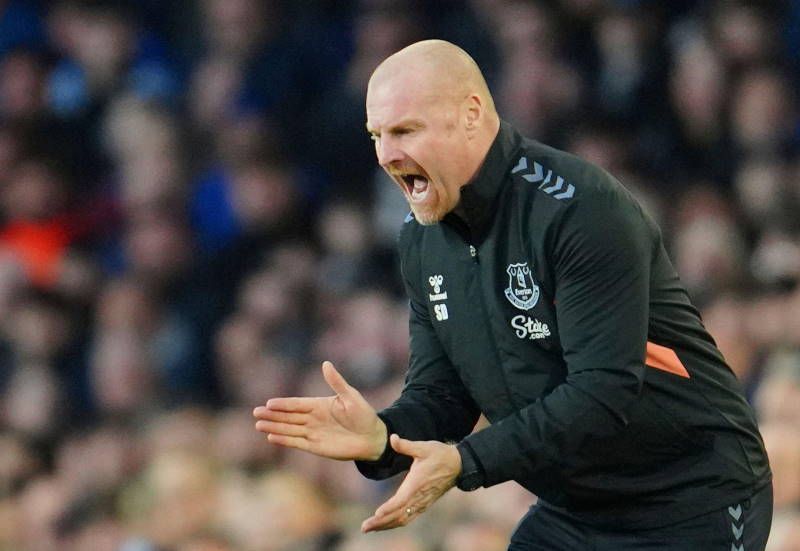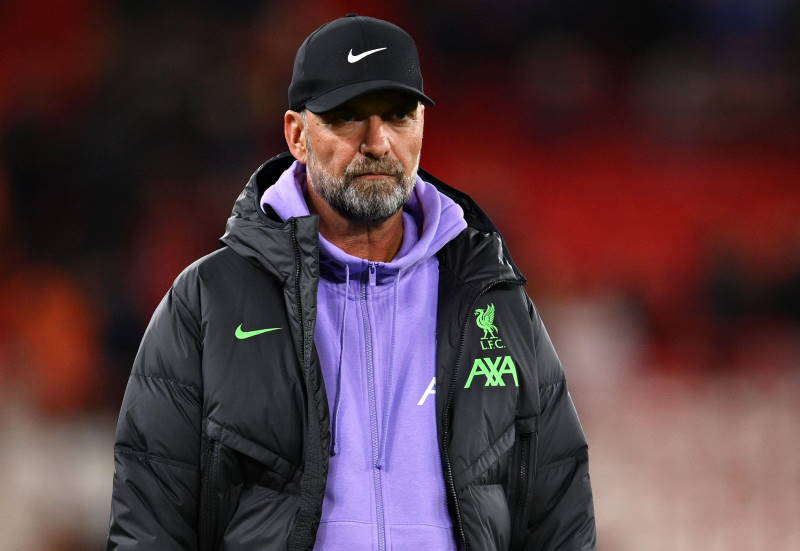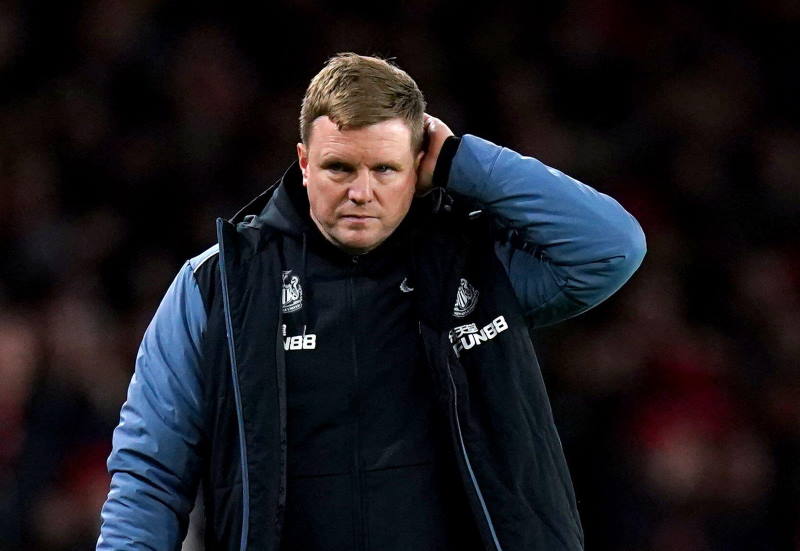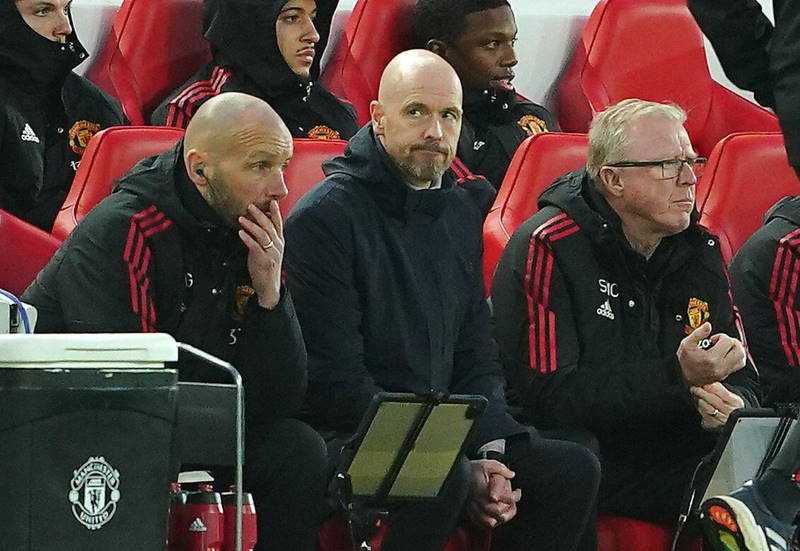
Mark Bateman
The business of football has once again taken a change for the better. If you are to believe the Football League and its chairman, the former Conservative politician, Lord Mawhinney.
In the modern game, takeovers and foreign investment are all the rage in the Premier League. But now, thanks to the takeover at Notts County by Munto Finance, clubs in the Football League are under scrutiny.
Not only are the actions and persons involved in the takeover at Meadow Lane under review, but also the ownership of Leeds United and the involvement of disgraced former formula one team principal Flavio Briatore at QPR.
Under new rules being implemented the Football League and, by extension, the general public would know the names of people and businesses involved in the ownership of a club in the Championship, League One and League Two.
This is all part of English Football’s attempt to clean up and become more transparent, which has become a very popular idea in the UK recently, taking in polticians and bankers to name but two groups. But this latest gesture by Lord Mawhinney and his colleagues at Gloucester Palace is both needless and potentially dangerous when weighed up against the small positives that will be gained.
First of all, how many football fans know exactly who owns the club they support? And, do they really care?
That simple arguement aside, it is important to remember that many clubs who ply their business in the Football League are only regularly on the lookout for potential investment or takeovers to make up for the crippling losses they suffered by the collapse of ITV Digital, in 2002, which is still forcing a number of clubs against the wall.
ITV Digital was endorsed by the Football League and so they should share more of the blame for clubs who are in or are facing financial ruin now.
But instead of helping them, they brow beat these sides with threats of points deductions, relegation and transfer embargos and are quick to enforce those punishments when one of these teams does call in the administrators.
The fact of the matter is, football is a business and no longer just a sport or even simply a form of entertainment.
In the world of business, companies have investors who do not wish to be named or are not involved with the day-to-day running of the business known as ‘silent partners.’ All they do is supply investment and take home a share of the profits.
These people, usually successful business people, will be frightened away from the idea of taking over at a lower league football clubs in England when these rules are put into effect.
And while some people will ask the question of ‘what have they got to hide?’ others will ask the question ‘what will happen to my beloved team now?’
It is a dilemma to be sure, but if these people choose not to invest in football in England then they will go elsewhere, much to the future detriment of the sport in the home of football.
The Football League has once again shown itself to be unyielding in its stance and unwilling to compromise by implementing an idea of its leader (Mawhinney). Another case which proves this dinosaur of a governing body is still very much in the past, the question is how many football teams will join them there because of this new ruling?
Related Articles:
- – Contract Issue Needs to be Tackled
- – Arsenal Finances Complement Wenger Vision
- – European Super League Talk Gaining Momentum













